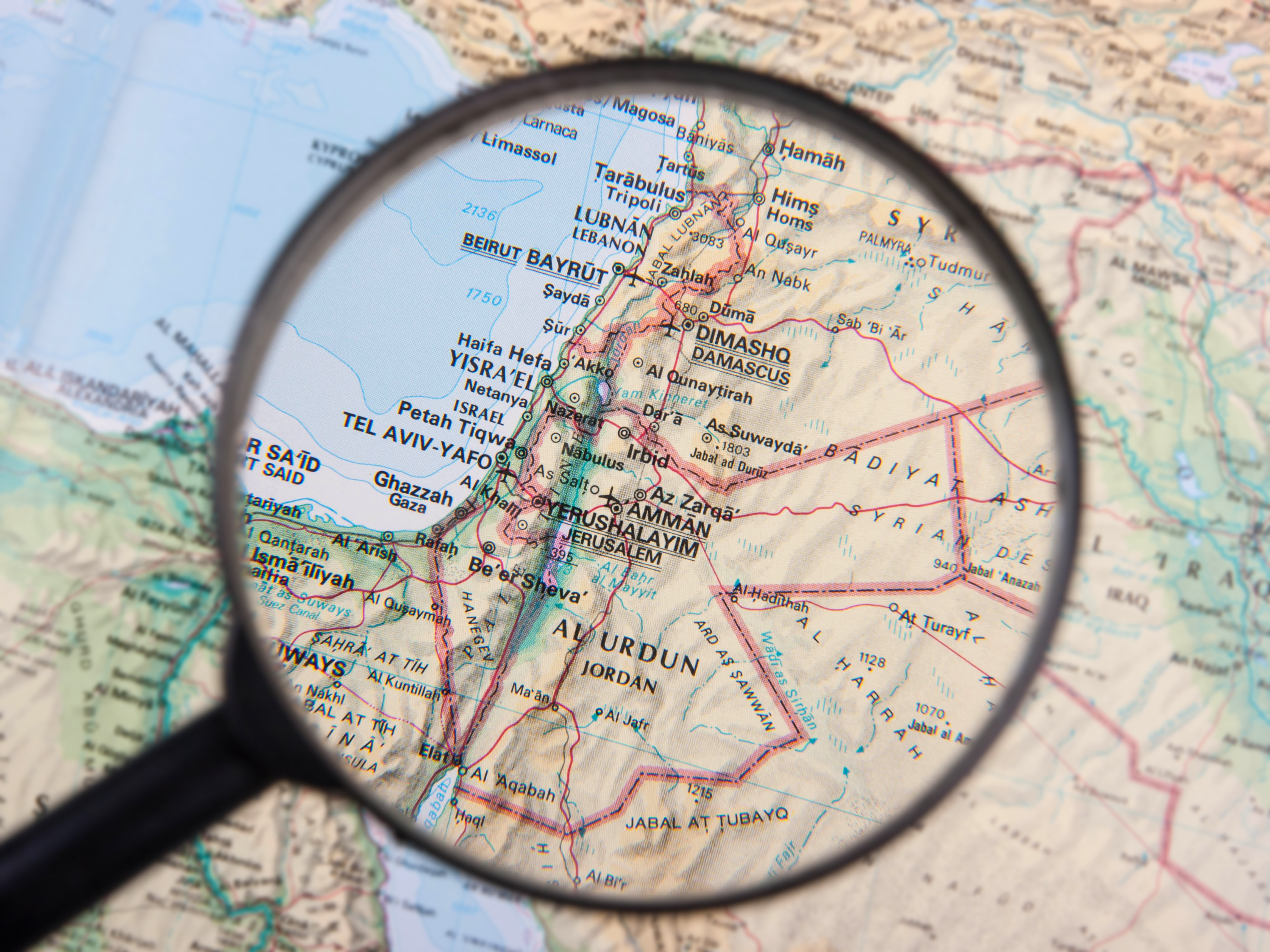Soft Power
Definition
The term 'Soft Power' refers to a state's ability to shape the preferences of other states via non-coercive means. Soft Power is an indirect form of exerting power; it allows a state to achieve its objectives by attracting other states to follow its lead, admire its values, and emulate its example.
From Hard to Soft Power
The components of a state's "Soft Power" are its culture and values, its policies and political institutions, as "currencies" of influence over other states.
The instruments of Soft Power – through which its components are applied – comprehend leading by example, appealing to commonly accepted values and ends, diplomacy, and propaganda.
In contrast, "Hard Power" refers to a state's ability to achieve its goals by applying coercive tactics on other states. Coercive tactics correspond to inducements or threats, which derive from a state's economic and military strength.
Traditionally, a state's "Power" refers to "the factors that enable one actor to manipulate another actor's behavior." In the context of international relations, the concept of 'power' relates to one state's ability to promote its own national interests, to influence the international system and to win in international bargaining.
2006-04-01
Term
National Security
Regional Security
When a state is imbued with an image of an invincible power, its Hard Power can turn into a source of attraction for other states; thus Hard Power's means of coercion can become a state's actual Soft Power.
Related Content
First Quarterly Report - mapping the Jewish Peoplehood field in Israel
We are very proud to present the first quarterly report of the Jewish People Field Mapping System. The report presents data for the first quarter of 2022 (January-March) and further completion of April information. This is the first report produced on the basis of the new mapping system.




